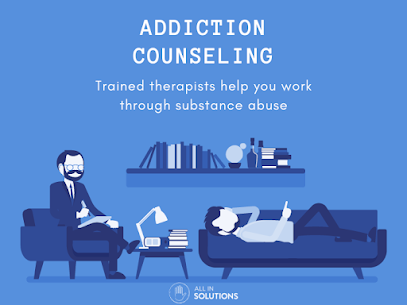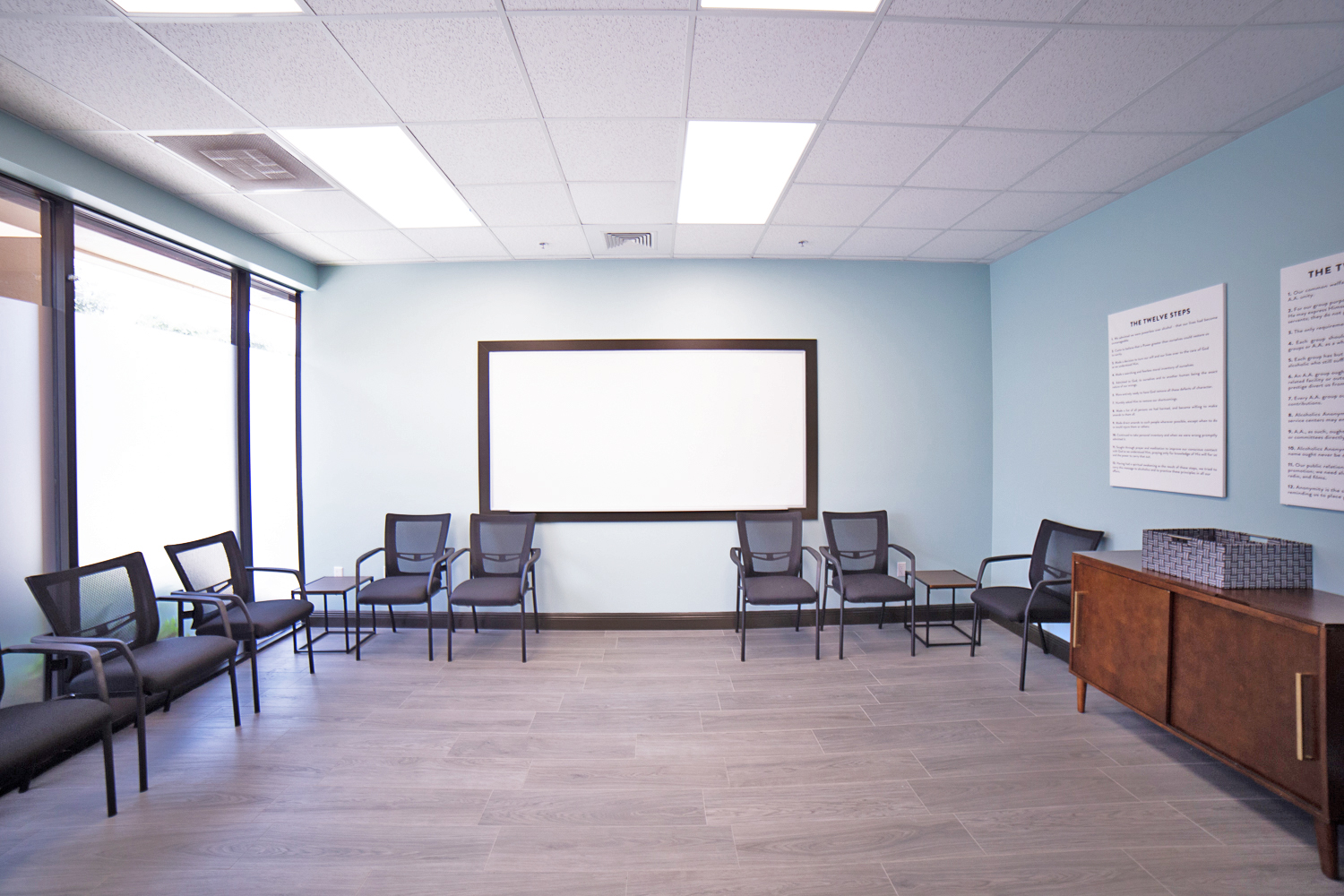
How Long Does Opiate Detox Last?
When opiate addicts cease using suddenly, their neurological effects are quick and severe. When opiates aren't present on opioid receptors, the nervous system produces endogenous endorphins at an abnormally high pace. Withdrawal symptoms develop as a result of this. Withdrawal occurs 48-72 hours after the last use and lasts 48-72 hours, depending on the frequency of misuse. Abusers of opiates endure a variety of physical and mental withdrawal symptoms. To decrease the physical experiences of withdrawal, opiate detox symptoms are controlled with the right administration of numerous medicines. Clonidine, naltrexone, suboxone, and methadone are examples of regularly used medications that may only be delivered at a registered drug addiction treatment clinic. These drugs are only samples and do not represent the precise medicament used for opiate detoxification by any individual.
